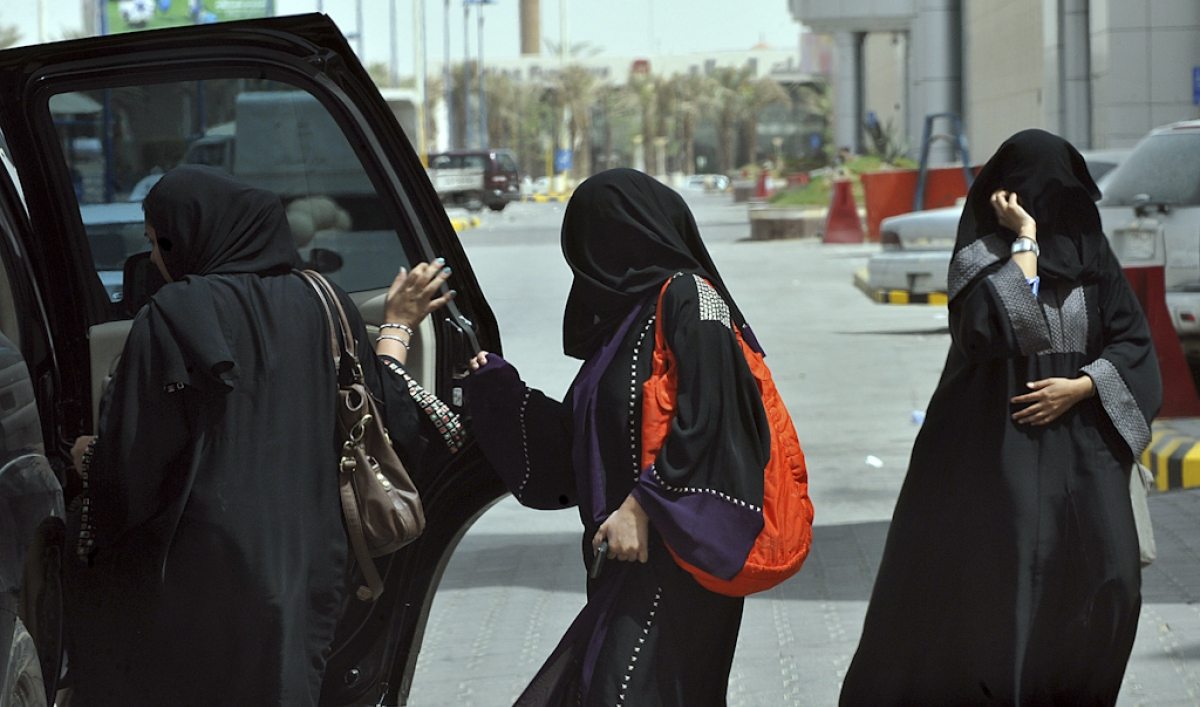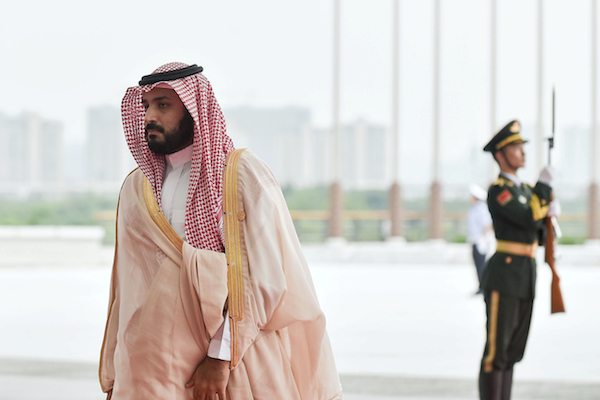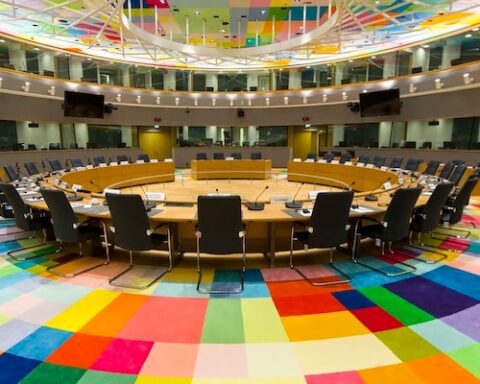Over the past two weeks, Saudi Arabian security forces have arrested dozens of public figures, seemingly at the behest of Muhammad bin Salman, the Saudi Prince designated to succeed the current 81 year old king.
The most prominent person arrested is Salman al-Ouda, a popular cleric with 14 million twitter followers. Later when al-Ouda’s brother, Khalid, spoke out against the arrest on twitter, he was also incarcerated. Other detainees include writers, human-rights activists and several officials from the justice ministry.
It appeared that the arrests were in response to a planned protest for political freedom on September 15th. The protest ultimately fizzled in the face of a heavy police presence. Although the Saudi state’s motivations remain opaque, officials hinted that they regarded the protest as a collaborative plot between foreigners and the banned Muslim Brotherhood. A pro-government commentator characterized the arrests as a “campaign to cleanse state institutions.”

The arrests are an ostensible exercise of power by Salman. Until June, the official successor was Muhammad bin Nayef, the king’s nephew and an ex-interior minister. But the king reordered the succession, setting the 32 year old Salman in line to succeed him. Salman only just secured a major public role in 2015, when he became defense minister. 2015 to 2017 have been busy years for Saudi foreign policy, and the aerial bombardment of Yemen and the regional sanctions against Qatar are both regarded as Salman’s brain children. The majority of the people arrested have voiced opposition to the boycott, and the interior ministry has encouraged Saudis to report people who express opposition on online.
In addition to his military policies, Salman has pioneered a domestic reform agenda. He spearheaded a reform program of Saudi Aramco, a government-backed oil company with access to ten times the oil reserves that are available to ExxonMobile. The prince is moving to cut subsidies to the oil company, with the aim of reducing the kingdom’s dependence on oil. The company is planning to hold an initial public offering by late 2018.
Salman is also moving to fundamentally change Saudi culture and entertainment with a plan called “Vision 2030”. The plan is to use funds raised by the oil company’s IPO to establish a sovereign wealth fund, which will be used on various economic, military and cultural projects. In addition to returning the $20 billion spent by the Saudis overseas, the “Vision” includes plans to spur domestic media production.

However, the cuts in subsidies to the Saudi Aramco, along with global lows in oil prices, are causing the wealthy Saudis some economic pain. On top of that the cultural reform maneuvers are raising hackles among the nation’s clergy, many of which have larger followings than al-Ouda.
“The only difference they have is that they believe in total obedience to the ruler, and see that as a religious duty,” said Jamal Khashoggi, a Saudi journalist who is living in America, referring to the clerics who were not arrested in the crackdown. “Nobody is challenging [Salman]. The Saudi newspapers are full of praise for his efforts.”
Title photo: Muhammad bin Salman arriving to attend the G20 Summit in Hangzhou, Zhejiang province, China, September 4, 2016. (Reuters)
LIMA CHARLIE NEWS, with Diego Lynch
Lima Charlie provides global news, insight & analysis by military veterans and service members Worldwide.
For up-to-date news, please follow us on twitter at @LimaCharlieNews


![Image The Arabs - a "Manufactured" People? [Lima Charlie News]](https://limacharlienews.com/wp-content/uploads/2018/12/Arabs-A-Manufactured-People-Lima-Charlie-News-480x384.png)
![Image Drop in oil prices may trigger unintended consequences [Lima Charlie News]](https://limacharlienews.com/wp-content/uploads/2018/11/main_900-480x384.jpg)
![Image The Right Response to the Death of Jamal Khashoggi [Lima Charlie News]](https://limacharlienews.com/wp-content/uploads/2018/10/The-Right-Response-to-the-Death-of-Jamal-Khashoggi-Lima-Charlie-News-480x384.png)





![Image The Arabs - a "Manufactured" People? [Lima Charlie News]](https://limacharlienews.com/wp-content/uploads/2018/12/Arabs-A-Manufactured-People-Lima-Charlie-News-150x100.png)
![Image Drop in oil prices may trigger unintended consequences [Lima Charlie News]](https://limacharlienews.com/wp-content/uploads/2018/11/main_900-150x100.jpg)